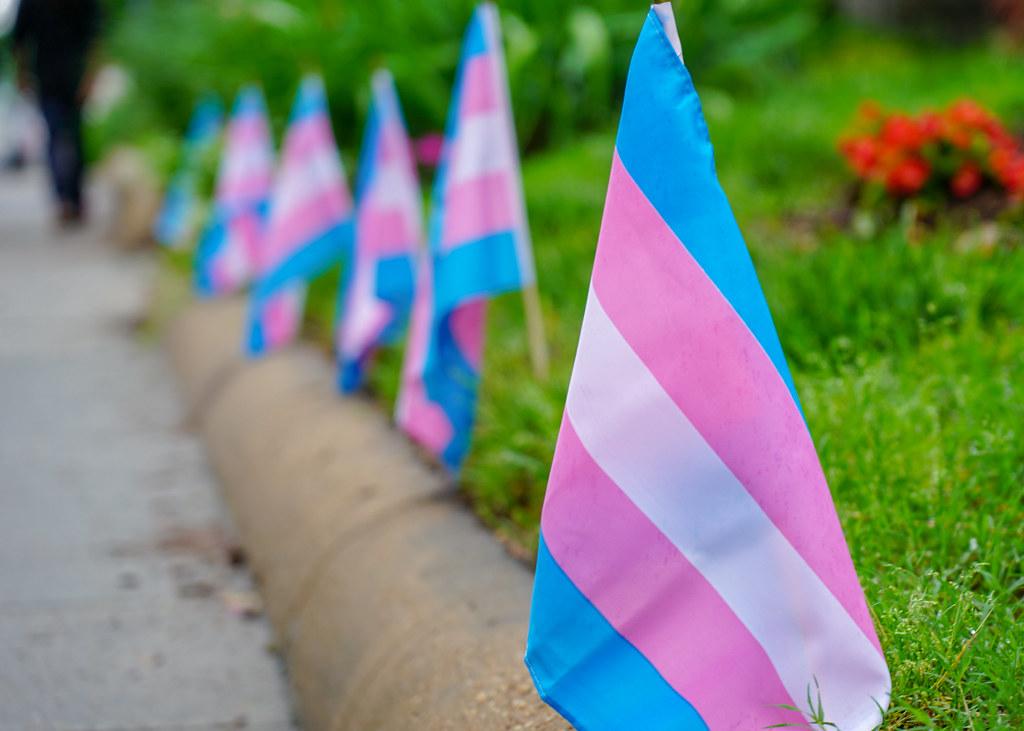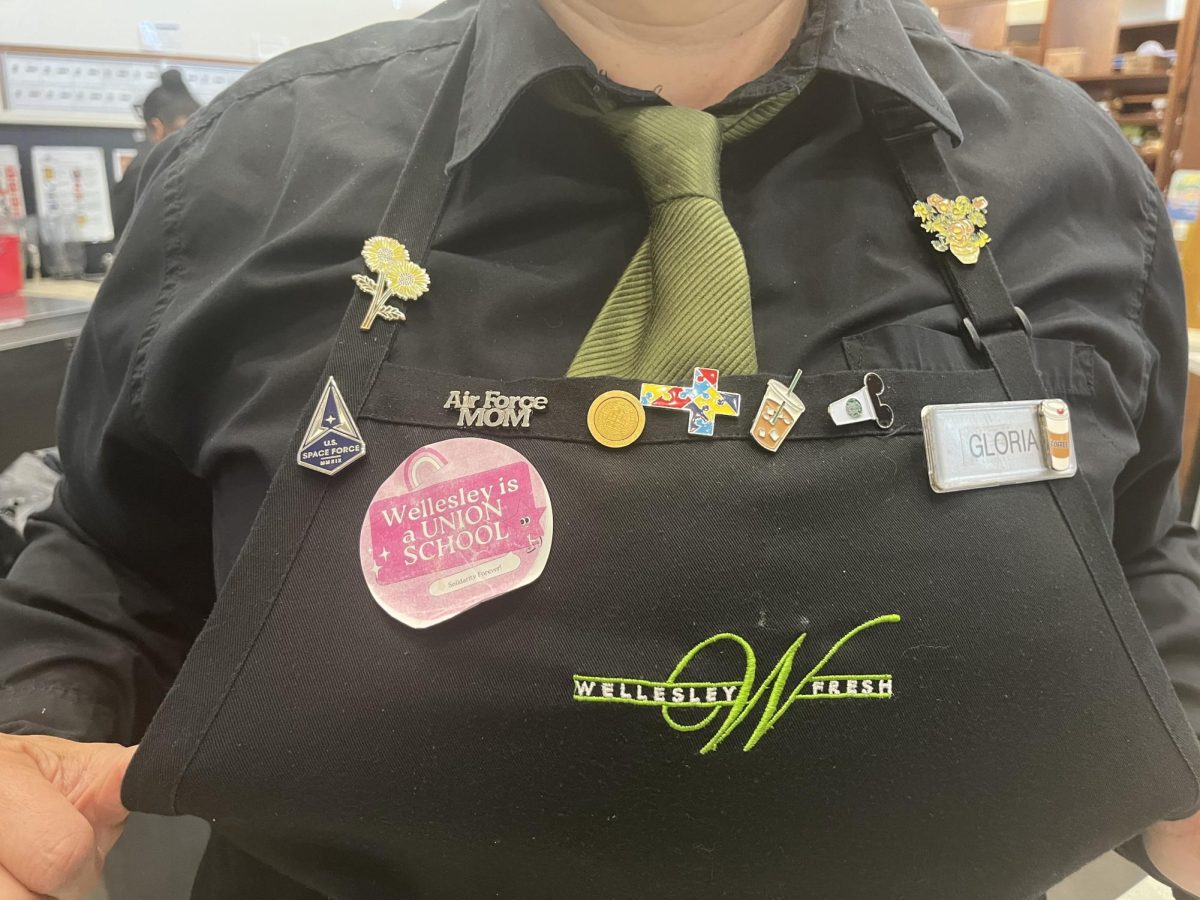As Wellesley entered Wintersession last month, a major change in the representation of transgender students at the college quietly occured: Siblings, a community building and organizing group for transgender and questioning students, is now officially a constituted student organization. Though the organization has been around for several years, it is now recognized by the college — a place that, in much of its public-facing presentation, has struggled to recognize the presence of trans students at all.
Though a significant portion of the school’s population is transgender — trans-masculine people have been attending the school since as early as the 1930s, when student N.E.B. Ostermann graduated and the school publically changed its admissions policy to allow trans women to attend beginning in 2017 — this is often unrecognized in the way the school presents itself to the wider world. The college’s admission motto is still “women who will,” and Wellesley’s official websites refer to it as a “women’s college.” Many students have taken up the term “historically women’s college,” to encompass both the school’s history as a place centering the experiences of women and its current reality. There aren’t any official statistics available on the number of transgender students at Wellesley, though a 2016 student survey in The Wellesley News estimated the trans student population to be around 5%, or about 117 students.
The constitution of Siblings as an official student organization may start to change that.
“On Wellesley’s official WEngage, which prospective students might look at, there’s going to be a mention of transgender students on this campus. That’s pretty historical,” Siblings organizing member Mar Barrera ’20 said. “Wellesley’s done a lot to subjugate and eliminate the gender diversity on this campus… [now] our organization exists, and we’re on paper, for anyone to search.”
Dulce Gariepy ’22 agreed. “It was important that Siblings got constituted because it helps to recognize that not everyone at Wellesley is a woman and they deserve to be supported and recognized regardless of their gender identity,” Gariepy said.
Though it has not been officially recognized on paper, the organization has existed since at least 2011 — it was founded, according to Barrera, by a class of 2012 alum.
“It originally started out as a place for transmasculine people, and since Wellesley decided that we’re going to admit trans women to our historically women’s college, it’s become a lot more gender diverse,” Barrera added.
Over the past several years, Siblings has taken on more of an activist role. In February 2018, they organized a protest of a speaking engagement by Alice Dreger on campus, funded by the Freedom Project. Dreger was on campus to promote the widely-discredited autogynephilia theory, which asserts that transgender women choose to transition primarily due to a sexual attraction to the idea of themselves as women. Siblings members –– along with members of BlackOUT, Familia, Tea Talks, QTPOCC (Queer and Trans People of Color Collective), QCAB (Queer Council Advisory Board) and SAGA (Sexuality and Gender Alliance) –– condemned the Freedom Project’s choice to pay Dreger, who is cisgender, to speak on this issue and organized a protest response.
“My first year, sophomore year, there was a lot of protest organizing, and a lot of trans people taking care of other trans people in a volatile environment,” Barrera said. “It was a fairly political org. A lot of responding to things Wellesley did — and it was a lot of individual people doing a lot of that labor.”
To change that, the organization is focusing on building a healthy community for transgender students on campus this year, an objective that is supported by new LGBTQ+ Programs and Services Coordinator AJ Guerrero. “Our trans students need a gender identity -affirming organization for them to meet and share their experiences,” Guerrero said.
“We’re trying to become more of a community building source rather than a politically reactive group,” said Barrera. Younger students like Gariepy have been reaping the benefits of that community.
“Sibs gave me a community of people who listened and allowed me to express my gender identity in a positive and healthy way,” Gariepy stated in an email. The group hosts community building events such as brunches and dinners –– and, in the first event they were able to book their own space for as a constituted organization, a movie night.
The film of choice? “Shrek 2!” Barrera said. Some of the Olin student members of Siblings, they added, were able to use their engineering skills to build a pillow fort. This level of engagement is a legacy Barrera is happy to be leaving as they graduate this spring.
“The first years and sophomores are all really engaged, and really happy. And it makes me happy to think that this is the standard we are leaving, and that’s the level of community engagement they’re going to expect for the rest of their time at Wellesley,” Barerra said.
Siblings will be holding their annual Trans Week of Visibility event the week of Mar. 11th. The series of events will include a trans pub night, the distribution of pronoun pins around campus, a sex education workshop for trans students, and a workshop on how to be a better ally to trans students for cisgender students. Though the event happened last year, Barrera said, “It’s going to be a lot bigger this year” — and may even include a drag show and an as-yet-unannounced keynote speaker. All of this will be easier to organize as an officially recognized organization.
Though Siblings is only now becoming constituted, Gariepy said, it has played a vital role on campus for a long time — and will continue to do so into the future.
“Siblings has helped me feel validated and live a more authentic and fulfilling life,” they said. “Because of them I feel a sense of belonging at Wellesley that I did not realize I was missing before.”







Alumni 2019 | Feb 20, 2020 at 4:44 pm
I just wanted to respond to the comment above that Alice Dreger was invited into campus “to promote the widely-discredited autogynephilia theory.” In truth, she was invited in 2018 to discuss Free-Speech and her censorship from Northwestern, and book “Galileo’s Middle Finger” – more info about the controversy here – https://www.google.com/amp/s/reason.com/2018/02/22/wellesley-college-activists-protested-au/%3famp. In 2019, she was additionally invited to speak about “what is the point of college.” Most people at Wellesley now we’re not in attendance for these lectures, so please do not spread misinformation about their content.